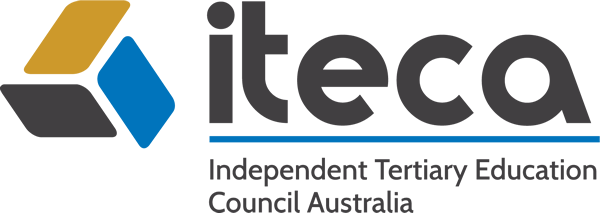Upskill with a short course: Assist Clients with Medication
Supporting the provision of the highest possible standard of care across the aged care sector and disability sector is a priority for Royal College. To do this, organisations and employees within these care sectors should continually look to upskilling and reskilling.

The Assist Clients with Medication Skill Set is a short course offered at Royal College that enables those working in the care sectors to do just that. Completing this medication skill set is great opportunity to upskill your current knowledge in the aged and disability sectors.
Assist Clients with Medication Skill Set
Designed to industry standards and delivered by leading facilitators, this short course is relevant for carers working in aged and disability care, offering meaning quality outcomes for all.
Running for approximately 5 – 6 weeks, the Assist Clients with Medication Skill Set (CHCSS00070) includes a combination of online and face-to-face learning ensures the best of both training modes. The online component offers the flexibility to learn anywhere, anytime — perfect for busy schedules. This is complemented by a workshop component that is hands-on, giving learners relevant and practical experience.
Topics covered include:
- Functions of the 11 major body systems
- Supporting the healthy functioning of the body systems
- Your role and responsibilities in the support and administration of medication
- The legal framework in the support and administration of medication
- Medication terminology
- The Seven Rights of Medication.
The Royal College enrolment process is straightforward, so you or your employees can get started without a hassle.
As Royal College short course coordinator, Glen Perry puts it:
“Royal College offers a unique training method of blended learning that gives you the required skills and knowledge to practice medications safely. Completing accredited short courses will enhance your employability within the industry.”
Understanding the 7 Rights of Medication
Ensuring medications are prepared and administered safely and responsibly is vital to the health, safety and wellbeing of individuals receiving care. The Seven Rights of Medication are guidelines that are taught to make certain that all precautions and appropriate measures are followed when carers are administering medications.
The Seven Rights of Medication are:
- Right medication: Checking to ensure the medication name matches up with documentation and the medication packaging and labels.
- Right patient: Ensuring the correct patient is receiving the correct medication.
- Right dose: Confirm the right dose has been measured.
- Right time: Medications have various timings and the time of administering medication should be documented clearly to ensure all doses are timed correctly.
- Right route: There are many ways a medication can be administered. Be sure that you are certain on how the medication should be delivered to a patient.
- Right reason: Consider the reason a medication is being provided and that it is being provided for the right reason to address the appropriate symptoms.
- Right documentation: Every time a medication is administered the dose should be recorded. This is essential to ensure appropriate dosage ongoing.
The benefits of upskilling with short courses
The importance of continual learning cannot be overstated. Regular upskilling and reskilling in aged care and disability care has a range of benefits for employees, organisations and, of course, for care recipients.
The benefits of upskilling include:
- Higher standard of patient care: The most up-to-date knowledge and skills means you can deliver the very best standard of care to all.
- More career opportunities: Adding to your expertise and qualifications means you stand out in the job market, plus it can open doors to new career opportunities and allow you to advance in the sector.
- Improved staff retention and productivity: Training not only improves skills and knowledge, but can benefit staff retention by engaging employees and showing them that their expertise is valued. Further, staff who are highly trained are capable of working more productively and with confidence.
Take a short course with Royal College
All learners are supported through every step of their course with Royal College. We have worked with individuals and teams to ensure they have everything they need to succeed, even during the covid-19 pandemic and its impact. Our human-centred approach means every learner gets the most from their training experience.
Julie Whatman, the Work Health & Safety Officer at Ivy’s Supported Accommodation had nothing but praise for her team’s experience undertaking the Assist Clients with Medication Skill Set with Royal College:
“We cannot tell you how happy we are with the help that Royal College gave us in getting our Disability support workers all accredited in Medication Delivery. We are a small business and it was going to be difficult to get all our staff trained while still leaving some staff to still work. Somehow Glen and Maddie were able to organise it and now our staff are all accredited. Thank you, Royal College.”



